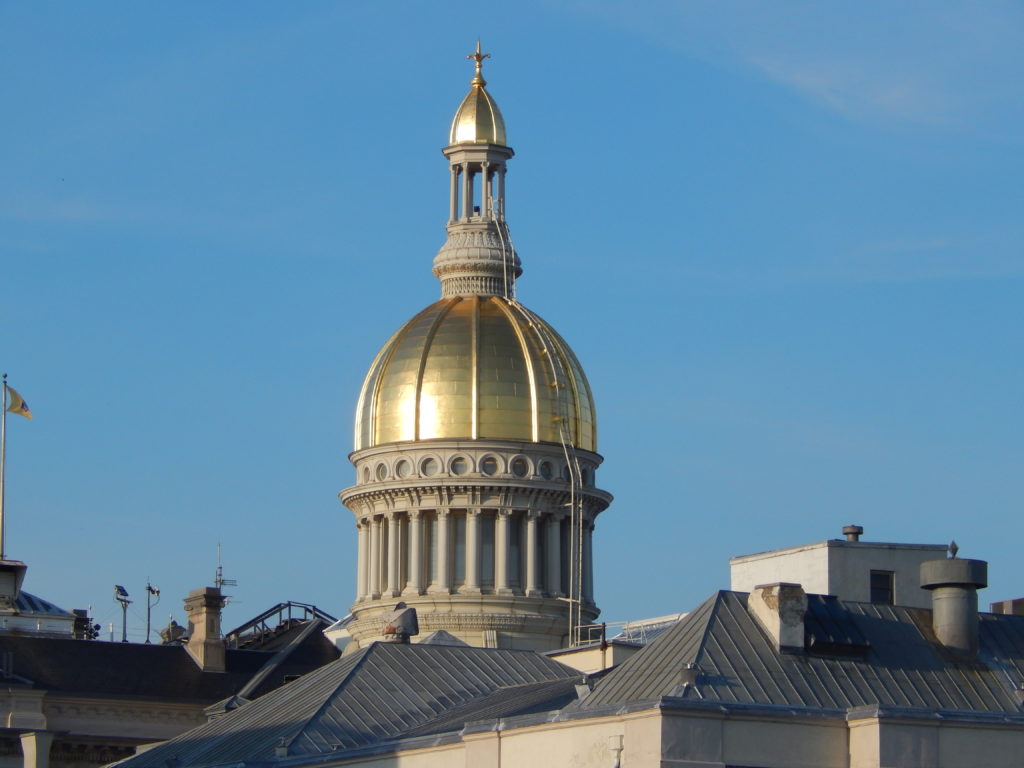Property Tax Gimmicks - like the Bill the Legislature Just Passed
Listen to audio version of this article

Amid the flurry of action Monday in Trenton, it was very easy to overlook a bill that would increase property taxes.
O.K,, that's a bit of an exaggeration, so we need an explanation.
State law limits annual tax increases for school districts to 2 percent. There long have been caps on school and municipal expenses in New Jersey, but during the Christie years the cap became more meaningful - it was lower and there were not as many exceptions. Of course, property taxes still generally rose, but a 2 percent annual increase for school costs is far more reasonable than, say, a 4 percent increase.
Now we come to state aid to local school districts, of which there are far too many in New Jersey. But that's another story.
As anyone who has followed state affairs knows, creating an equitable school aid formula has bedeviled lawmakers and governors from both parties for decades. Under its most recent incarnation, the state distributed almost $8.7 billion in direct aid to districts in the 2019-20 year, an increase of about $206 million, or a bit more than 2 percent. The state boasted at the time that the new formula sought to increase aid to districts that had been underfunded in the past.
But if aid to some districts goes up, aid to other districts is bound to go down, especially if the overall amount of aid increased by a mere 2 percent or so.
In a more practical world, districts receiving less state aid would seek ways to cut costs, perhaps through consolidation with other districts or more shared services with the municipal government,. Those inclined to just raise taxes to make up the different were out of luck because of the 2 percent cap.
But maybe no longer.
Legislation adopted by both houses on Monday refers to a "tax levy cap adjustment" for districts officially spending below adequacy. That means they can simply raise property taxes above the cap to offset the loss in state aid. Sure, there are parameters. For example, a district can only increase taxes to cover the precise reduction in aid. Nonetheless, those who will pay will be local property owners. The responsibility of paying for state aid, of course, is spread across the whole state.
Gov. Phil Murphy says he doesn't like the idea.
That can set up yet another battle, albeit a minor one, between the Democratic governor and Democratic lawmakers. Murphy so far has lost those battles, which is why there is no millionaire's tax and smoking pot is still illegal.
In this case, the governor's argument can be something with which no logical person in New Jersey can disagree - property taxes already are too high.
Quite clearly, it is not easy to reduce property taxes. It would take a lot of things lawmakers don't seem willing to try - mergers, cutting services or a complete restructuring of the tax system.
But make no mistake.
Gimmicks like the bill the Legislature just passed only exacerbate the problem.





